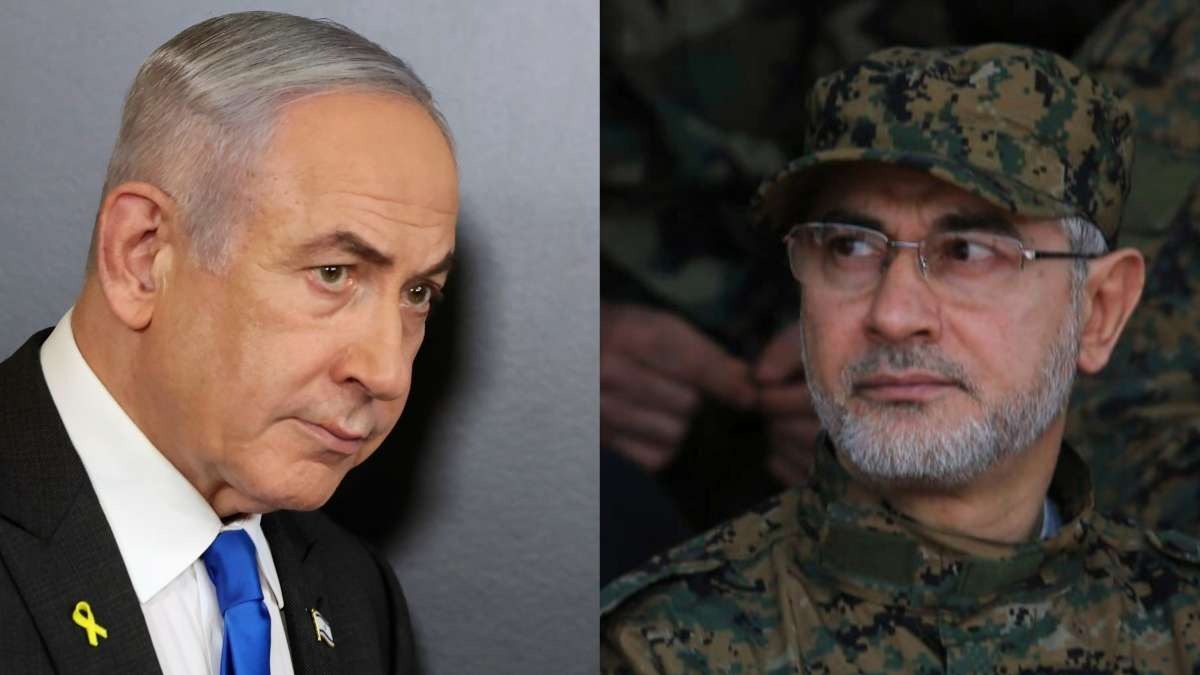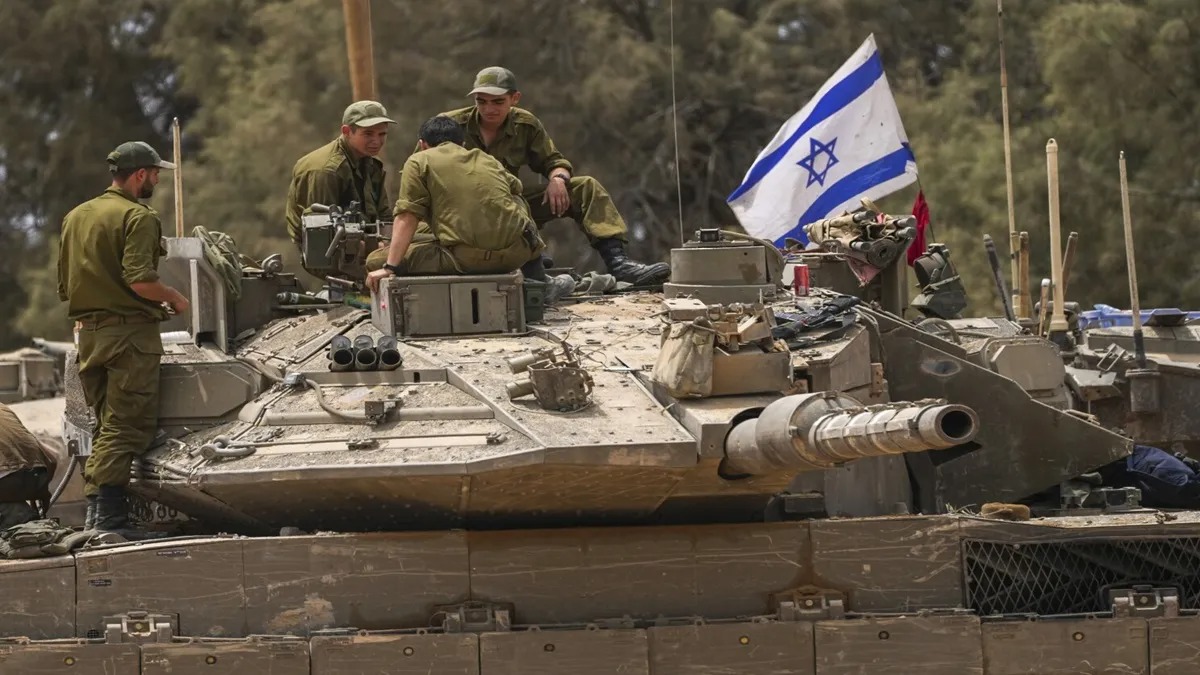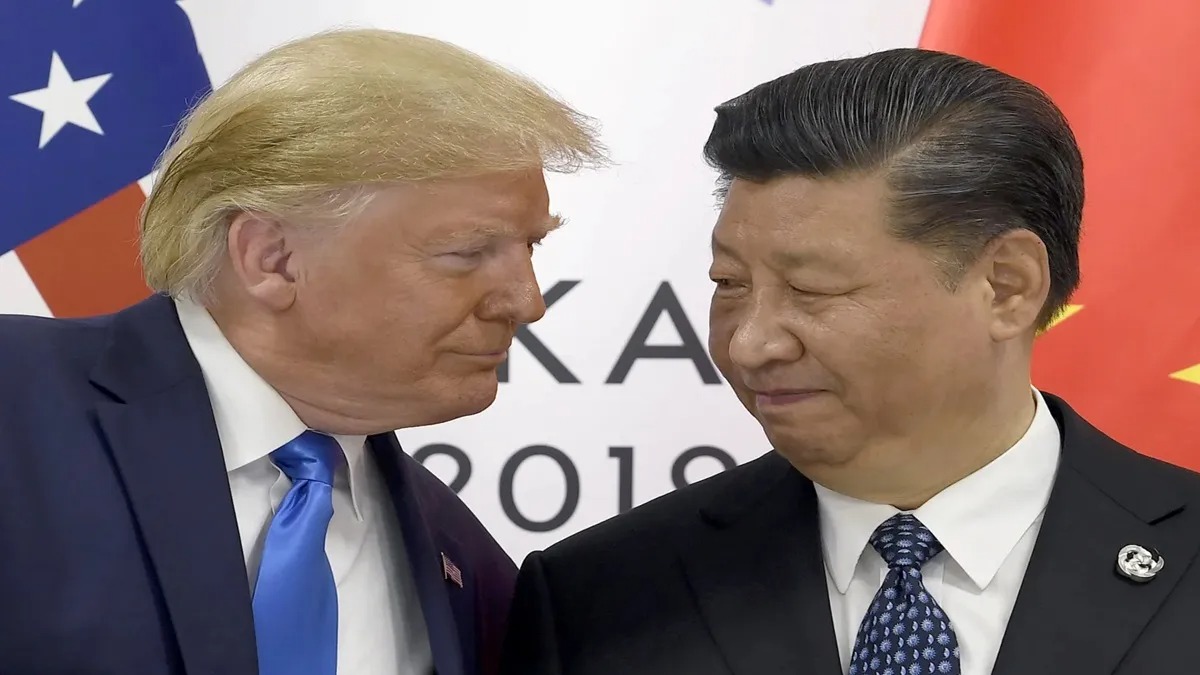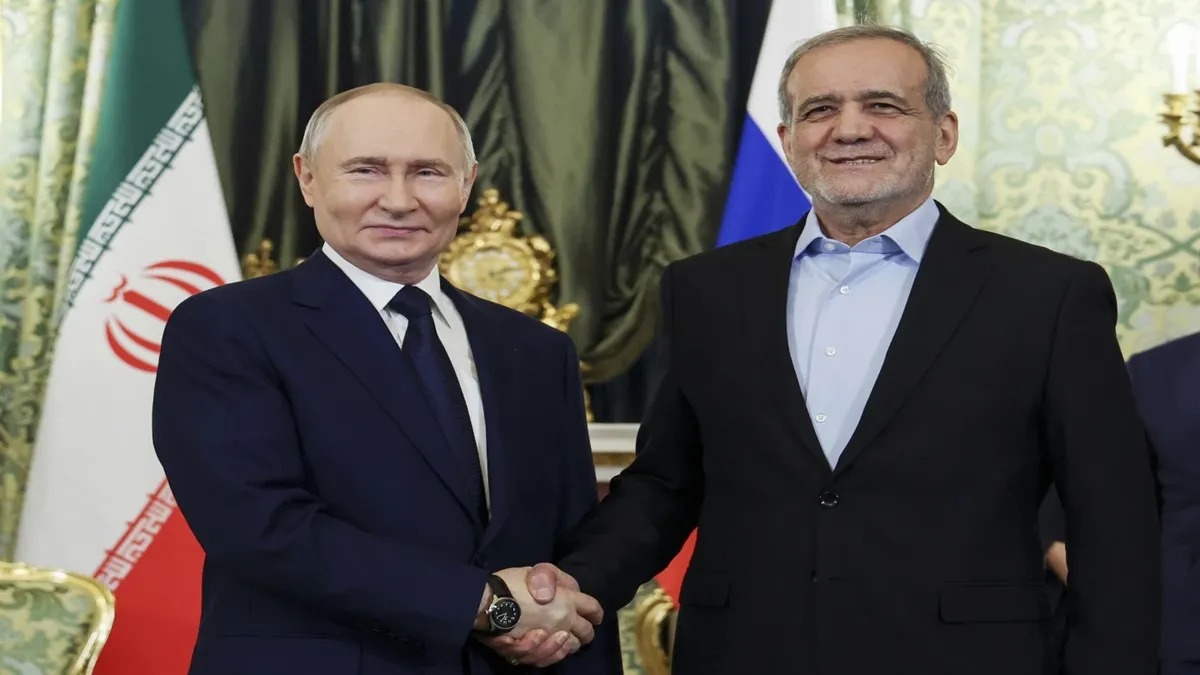
International: The Hezbollah commander who was killed in an Israeli airstrike in Lebanon’s Beirut on Friday was one of the top military officials of the militant group, in charge of its elite forces, and was on Washington's wanted list for years. Ibrahim Aqil was the second top commander of Hezbollah to be killed in the airstrike in the southern suburb of Beirut in as many months, in a major blow to the group's command structure.
The strike on Friday was the latest after a suspected Israeli attack targeting Hezbollah communications earlier this week when thousands of pagers exploded simultaneously. At least 37 people were killed and about 3,000 injured in two waves of simultaneous explosions of communications devices across Lebanon on Tuesday and Wednesday.
Aqil was a member of Hezbollah's highest military body, the Jihad Council, since 2008, and the head of the elite Radwan Forces. The forces also fought in Syria gaining experience in urban warfare and counterinsurgency. Israel has been attempting to push the fighters back from the border.
Israel said that the strike on Friday on Beirut's southern Dahiya district killed Aqil and 10 other Hezbollah operatives.
Who was Ibrahim Aqil?
Aqil joined Hezbollah in its early days in the 1980s and rose through the ranks of the group's military command over decades.
Elijah Magnier, a Brussels-based military and counterterrorism analyst with knowledge of the group, said he was one of the group's old guard.
"He started at the beginning of Hezbollah's creation, and he moved to different responsibilities. To be a member of the Jihadi Council, this is the highest (post), and to be the leader of the Radwan Forces is also very privileged," Magnier said.
Aqil was under US sanctions and in 2023, the US State Department announced a reward of up to $7 million for information leading to his "identification, location, arrest, and/or conviction." The State Department called him a "key leader" in Hezbollah.
It said that Aqil was part of the group that carried out the 1983 bombing of the US Embassy in Beirut and that he had directed the taking of American and German hostages in Lebanon and held them there during the 1980s. The US Treasury Department designated him a “terrorist” in 2015, followed by another designation by the State Department as a “global terrorist.”
--Advertisement--

 Desk
Desk Share
Share






